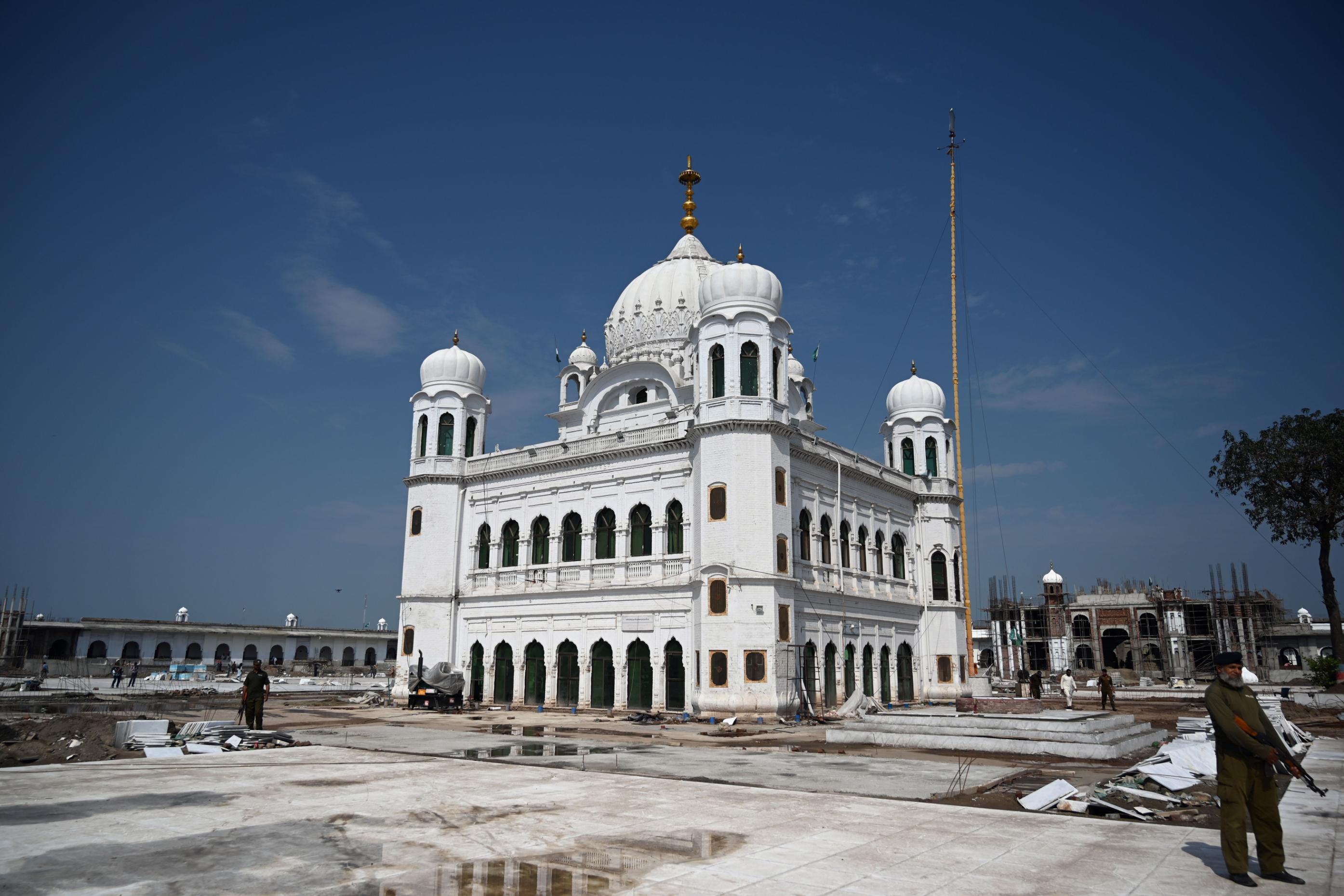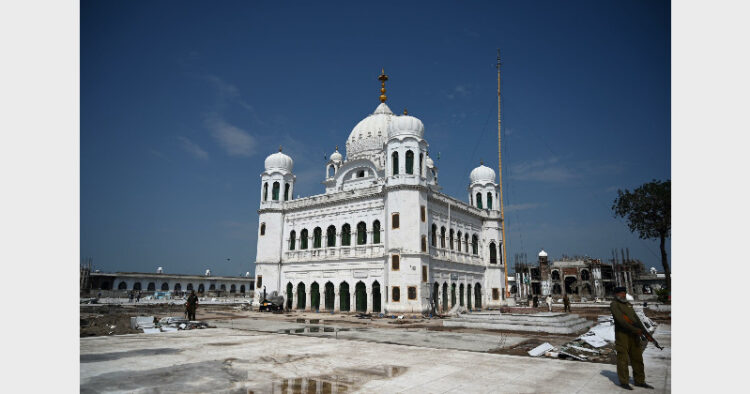
New Delhi: Pakistan is back to its old games. All its towering claims on pluralism and minorities’ rights are just hogwash. Close on the heels of Pakistan government’s decision to hand over management of Durbar Sahib Gurdwara in Kartarpur to a body without any Sikh representative, India on Friday (Nov 6) summoned Pakistan’s chargé d’affaires Aftlab Hussain Khan to lodge a protest against Islamabad’s decision.
“The CDA of the Pakistan High Commission was summoned and our strong protest was conveyed. It was also conveyed to him that this unilateral decision by Pakistan is highly condemnable and runs against the spirit of the Kartarpur Sahib Corridor as also the religious sentiments of the Sikh community at large,” MEA spokesman Anurag Srivastava told reporters here.
“We have received representations from the Sikh community expressing grave concern at this decision by Pakistan targeting the rights of the minority Sikh community in Pakistan. Pakistan is called upon to reverse its arbitrary decision,” he said adding it is obvious that the Sikh minority community cannot be “deprived” of the right to manage affairs of the Holy Gurudwara Kartarpur Sahib.
“Such actions only expose the reality of the Pakistani government and its leadership’s tall claims of preserving and protecting the rights and welfare of the religious minority communities,” a statement by the Indian Ministry of External Affairs has said.
In a statement released shortly after, the Pakistan foreign office said – “The Project Management Unit (PMU), under the Evacuee Trust Property Board (ETPB), has simply been created to facilitate the Pakistan Sikh Gurdwara Prabandhak Committee (PSGPC)”.
Earlier media reports said, the Pakistan Ministry of Religious Affairs (MoRA) on November 3 officially took the full control of Gurdwara Darbar Sahib at Kartarpur in Punjab’s Narowal District from Sikh Gurudwara Prabhandhak Committee and gave it to Evacuee Trust Property Board (ETPB), a Muslim body. The ETPB manages religious properties and shrines of Hindus and Sikhs in Pakistan.
In the 18th and 19th centuries, the Sikh community became a powerful political force, with Sikh leader Ranjit Singh founding the first Sikh empire, which had its capital in Lahore, the second-largest city in present day Pakistan.
In 1947 during partition, more than two million Sikhs lived in Pakistan and significant populations of Sikhs inhabited the large cities like Lahore, Rawalpindi and Faisalabad.














Comments